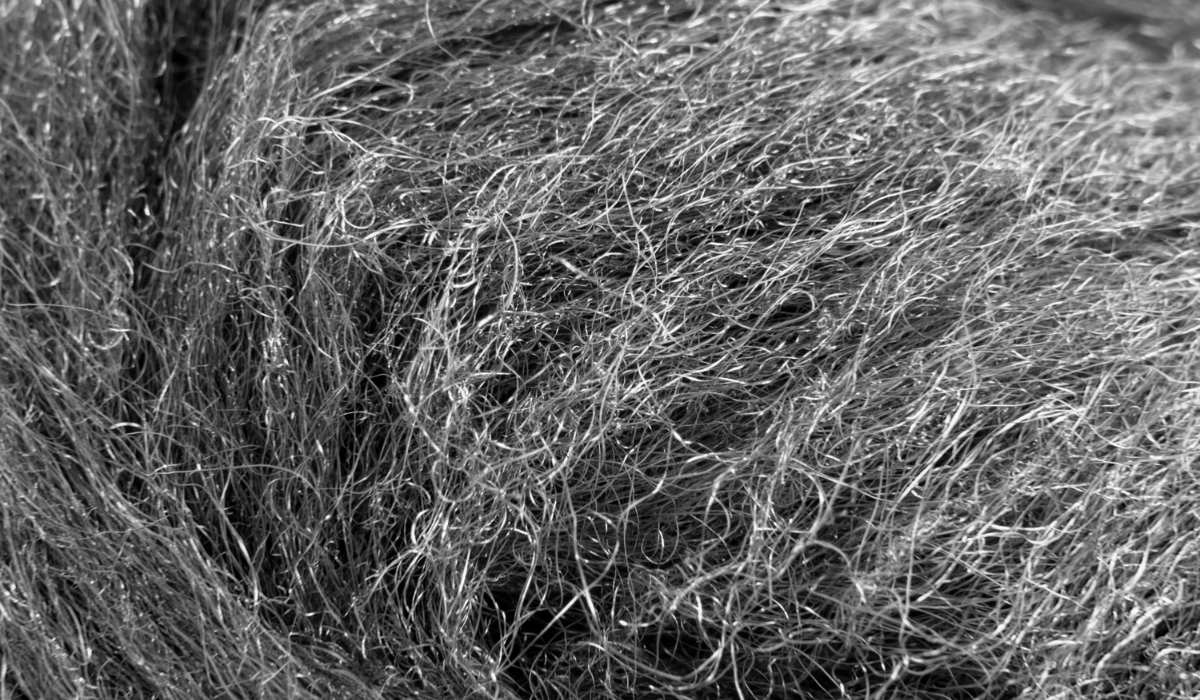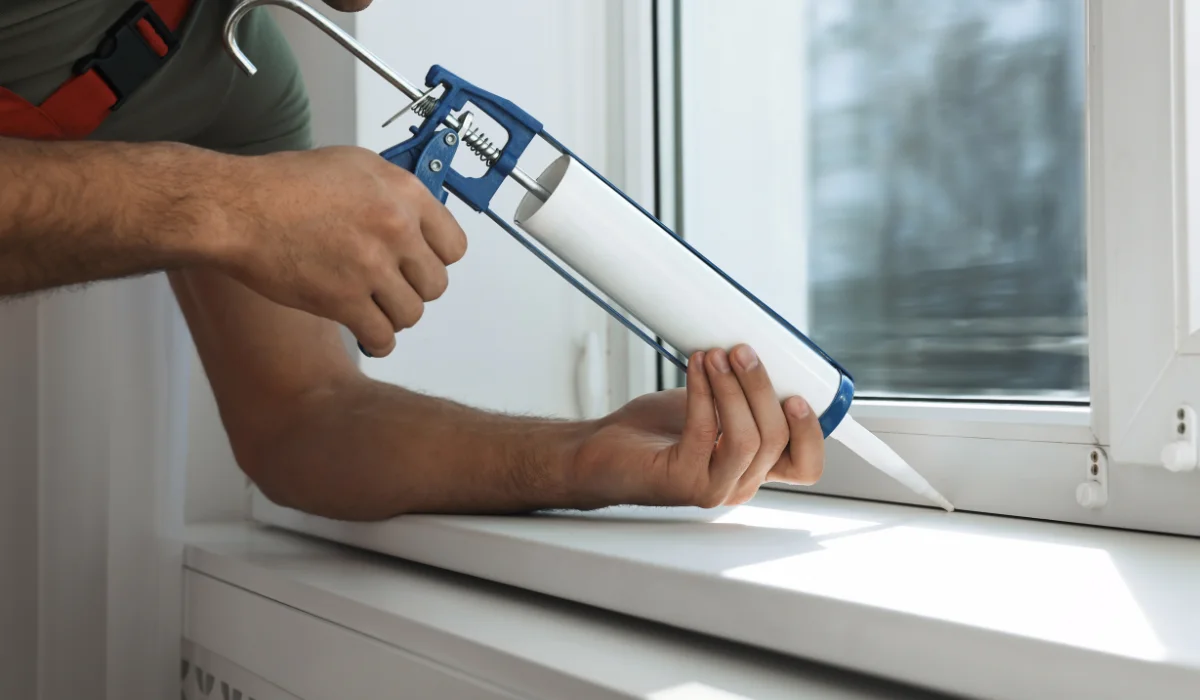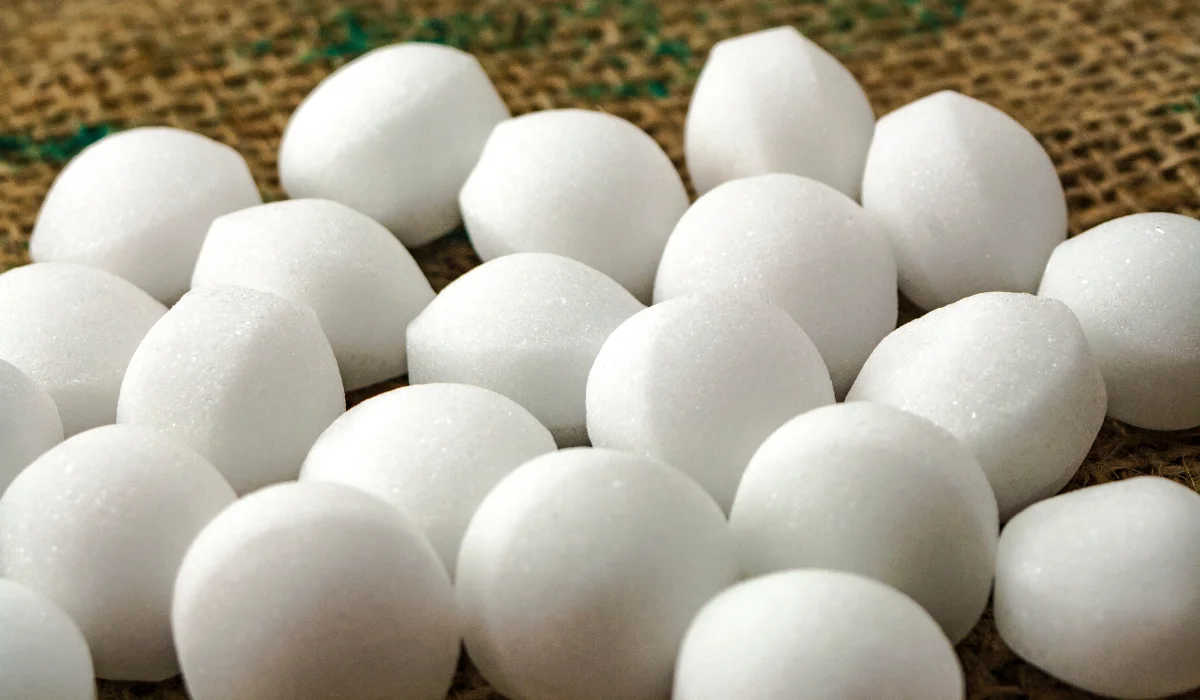8 Natural Rat Repellents to Keep Critters Away
From peppermint oil magic to simple cleanliness, these methods are kind to the earth, and safe for your family and pets. They play on rats' natural dislikes, making your space a no-go zone for them.
Keep in mind that rats are persistent, and these methods might not be totally effective.
But if you’re willing to give it a shot, stick with us to find out how to keep your home rat-free, naturally.
Key Takeaways
- Natural repellents like essential oils, citronella, and cayenne pepper offer a chemical-free approach to deter rats, leveraging their aversion to certain scents and substances.
- Early signs of a rat infestation include droppings, gnaw marks, and unusual pet behavior, signaling the need for immediate action to control the population.
- Implementing preventive measures, such as sealing entry points and maintaining cleanliness, makes your home less inviting to rats.
- Professional pest control services provide customized, effective solutions and prevention strategies for persistent infestations to ensure your home remains rat-free.
8 Natural Repellents to Get Rid of Rats
Natural solutions and home remedies are effective against rat problems without relying on harsh chemicals.
These rodent repellents leverage their strong sense of smell and aversion to certain textures to deter them from inhabiting spaces.
1. Essential Oils

Consider turning to essential oils to keep rats at bay, using the power of scents that they naturally can’t tolerate.
Here’s how you can use their strong smell effectively to repel rodents:
Essential Oil | Instructions |
Peppermint Oil | Dab cotton balls with peppermint oil and distribute them in rat-prone areas. For best results, refresh every week. |
Eucalyptus Oil | Mix with water in a spray bottle and apply around the house. It masks the scent trails that rats use to navigate. |
2. Citronella

If you're seeking a natural method as a rat deterrent, consider leveraging the potent aroma of citronella. Its strong scent disrupts rats' ability to navigate using their keen sense of smell.
Here's how to utilize it effectively around your space as a rat control:
Purchase citronella oil or candles.
Apply the oil around the property using soaked cotton balls.
Alternatively, you can fill a bottle and use citronella as a repellent spray.
Light the candles near entryways, but ensure they are safe from flammable materials.
3. Cayenne Pepper

The intense spiciness of cayenne pepper is not just for cooking; it can also discourage rats by irritating their sensitive noses.
Here’s a recipe to create an effective, natural mouse repellent:
Ingredients:
- 1 tablespoon cayenne powder
- 1-quart water
- A dash of dish soap
Steps:
Combine the cayenne powder with water in a pot and boil.
Cool the mixture and add dish soap.
Transfer to a spray bottle and apply in affected areas.
4. Steel Wool

Steel wool is a formidable physical barrier, deterring rats with its rugged, unchewable texture. To fortify your home against these invaders, follow these thoroughly recommended actions:
Aspect | Recommended Action |
Hole Inspection | Conduct a meticulous search around pipes and cables for any openings that could serve as entry points for rats. |
Appliance Check | Move kitchen appliances to inspect the spaces behind them, as these hidden areas often harbor unnoticed holes. |
Attic and Basement Review | Don’t overlook the less frequented corners of your attic and basement, which can be prime rodent access points. |
5. Caulk

Caulk is an excellent material for sealing off small gaps and crevices, eliminating potential entryways for rats into your sanctuary.
Ensure maximum effectiveness with the following steps:
Vigilantly identify areas around your home with gaps or cracks, especially near windows, doors, and foundation edges.
Before applying caulk, clean and dry these areas thoroughly to ensure strong adhesion and a long-lasting seal.
Carefully apply caulk to these targeted areas, filling the spaces.
Smooth out the caulk for a clean finish, preventing any future breaches by rats.
6. Hardware Cloth

Hardware cloth is a robust material that rats can't chew through.
Materials needed:
- Hardware cloth (metal mesh)
- Wire cutters
- Protective gloves
- Nails or staple gun
Installation steps:
Measure and cut the hardware cloth to size, completely covering vents and larger openings.
Secure the hardware cloth firmly in place using nails or a staple gun. Wear gloves to protect your hands during this process.
Inspect the perimeter to ensure no gaps or loose edges where rats could squeeze through or gnaw their way in.
7. Moth Balls

While mothballs can deter rats, their use comes with significant safety considerations:
Aspect | Details |
Effectiveness | Moderate: Mothballs emit a pungent odor that can repel rats but may not be a foolproof solution. |
Safety Concerns | High: Mothballs contain toxic substances that can be harmful if inhaled or ingested. It's crucial to keep them away from pets and children. |
Reminder: Mothballs are most suitable for enclosed, uninhabited spaces such as attics or storage areas where the risk of exposure to humans and pets is minimized.
Always ensure adequate ventilation and consider safer alternatives first.
8. DIY Rat Traps
Crafting your rat traps can be a cost-effective and efficient method to control rat populations:
Here are two simple homemade mouse trap designs that can effectively catch rats.
Bucket Trap
- Fill a bucket one-third full with water to prevent rats from escaping.
- Construct a ramp leading to the bucket's rim for easy access for the rats.
- Position bait (e.g., peanut butter) on a can suspended over the bucket's center. Rats attempting to reach the bait will fall into the water.
Plate Trap
- Apply a strong adhesive to a disposable plate. Wear gloves to avoid sticking to the glue.
- Scatter bait (e.g., bits of food) across the glue-covered surface.
- Place the glue trap along a wall or known rat path. The rats, attracted by the bait, will become stuck to the plate.
Identifying Rat Infestation
When suspecting a rodent invasion, you may notice several telltale signs that suggest a growing rat population.
As homeowners in Florida, it's crucial to stay vigilant for these early indicators to tackle the problem swiftly.
Signs | Description |
Droppings | These small, dark pellets are often concentrated in areas where rats feed or hide. |
Noises | Scratching sounds may emanate from the walls or ceilings, especially at night. These sounds could indicate that rats are scurrying through crawl spaces or building nests. |
Gnaw Marks and Damage | Rats habitually chew through materials to keep their teeth sharp. Look out for bite marks on food packaging, furniture, wires, or even structural elements of the home. |
Nests | They could be tucked away in seldom-disturbed areas. Use a flashlight to inspect for nests in garage corners, attics, or behind appliances. |
Pet Behavior | Household pets may act oddly, showing signs of stress or interest in particular areas where rats might hide. |
Sightings of Live or Dead Rats | It implies that you may have an ongoing active rodent infestation. |
How to Prevent a Rat Infestation
Rats seek out places that provide easy access to food and shelter. For homeowners like you, it's vital to disrupt these opportunities by implementing straightforward defensive tactics.
Here's how to safeguard your home from these unwelcome guests:
- Inspect the exterior of your home for cracks, holes, and gaps.
- Use steel wool, caulk, or metal sheeting to block these potential entrances.
- Store food sources in airtight containers and clean your kitchen.
- Don’t leave food scraps in the open; clean up any spills promptly.
- Secure garbage bins with tight-fitting lids.
- Dispose of trash regularly to prevent it from becoming a rodent buffet.
- Reduce clutter that rats might use for nesting.
- Keep storage areas tidy and elevate items off the floor when possible.
- Trim back vegetation around the house that could serve as cover.
- Keep grass cut short and remove any debris where rats could hide.
When Should You Reach Out to a Professional?
Sometimes, your best efforts with natural remedies just don't cut it against those pesky rodents.
Should anyone in your household express health issues that might be related to rodents, such as allergies or diseases, you shouldn't hesitate to get help from professional pest control companies (like us, here at Native Pest Management).
We can offer solutions that are tailored to the specific problem, ensuring those rodents receive their eviction notice, pronto!
